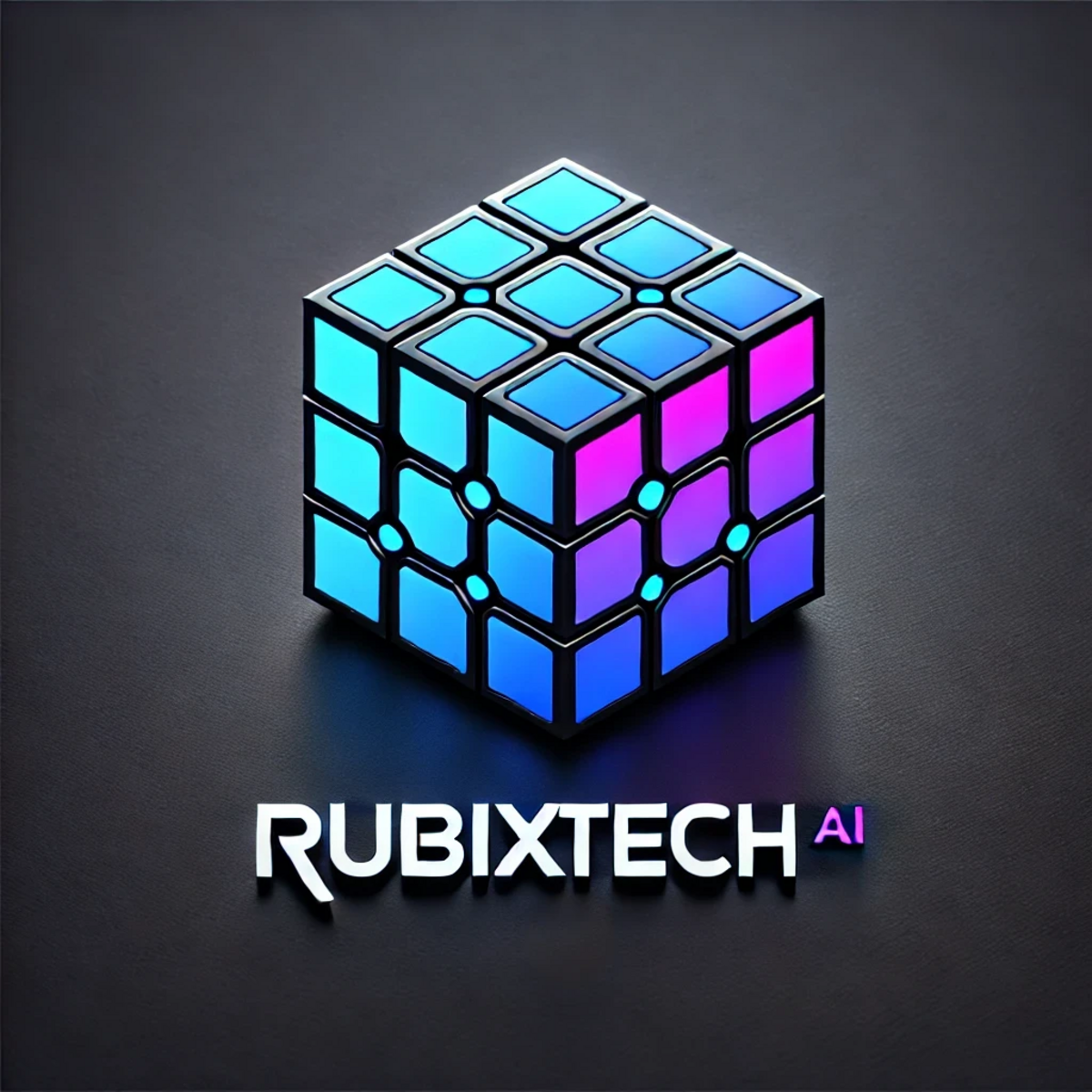Today’s Contents
⚖NY Times sues OpenAI
🧰Tech Toolbox
Legal Battle Ignites: The New York Times Sues OpenAI and Microsoft Over AI Copyright Infringement

The New York Times has filed a lawsuit against OpenAI and Microsoft, marking a significant development in the ongoing debate about the use of copyrighted material for training AI models. According to reports from Reuters and Engadget, the lawsuit accuses the companies of using millions of the newspaper's articles without permission to train their AI chatbots, which include popular platforms like ChatGPT and Bing Chat (now known as Copilot).
The lawsuit, filed in Manhattan federal court, alleges that OpenAI and Microsoft have been "free-riding" on The Times's investment in journalism to create products that substitute for The Times and potentially draw audiences away from it. The Times has not specified a particular amount in damages but estimates the value in the "billions of dollars". Additionally, the lawsuit seeks for the companies to destroy chatbot models and training sets that incorporate The Times's material.
This case is notable as it's the first major U.S. media organization to take legal action against OpenAI and Microsoft for copyright issues related to AI-generated content. The lawsuit highlights a broader struggle among major media organizations to attract and retain readers in the face of new AI technologies that might reduce the need for consumers to visit original content sources.
Furthermore, the lawsuit underscores the challenges in distinguishing fact from fiction, especially when AI technology might falsely attribute information to reputable sources. This aspect of AI-generated content, often referred to as a "hallucination" in AI parlance, presents concerns about misinformation.
The case reflects growing concerns and legal challenges surrounding the use of online content to train AI systems, a practice commonly known as 'scraping'. Other authors and public figures have also initiated legal action against AI companies for similar reasons.

Wolfram Alpha: An AI-driven computational engine that provides answers and data across various fields.
Website: Wolfram Alpha
Hugging Face: Offers a range of AI models, particularly in natural language processing, available for use and training.
Website: Hugging Face
RunwayML: An AI tool designed for creators, offering easy access to advanced machine learning models with applications in art and design.
Website: RunwayML
Descript: An AI-powered tool for audio and video editing, transcription, and podcast creation.
Website: Descript
Zapier: An automation tool that uses AI to integrate and automate workflows between various apps and services.
Website: Zapier
Grammarly: Uses AI to provide advanced grammar checking, writing style suggestions, and plagiarism detection.
Website: Grammarly
Daisy Intelligence: Specializes in AI-powered retail and insurance solutions for business analytics and decision-making.
Website: Daisy Intelligence
Otter.ai: Offers AI-powered transcription services, useful for transcribing meetings, interviews, and lectures.
Website: Otter.ai
Suki.AI: An AI-powered, voice-enabled digital assistant for healthcare professionals to streamline medical note-taking and administrative tasks.
Website: Suki.AI
Each of these tools leverages AI technology in unique ways, catering to different professional and creative needs.

